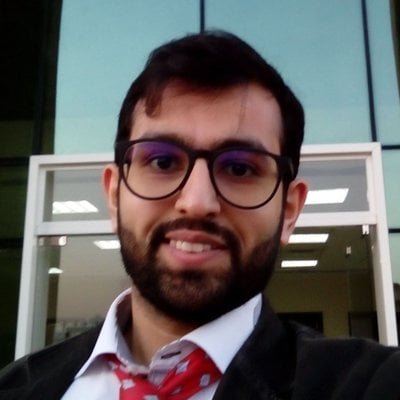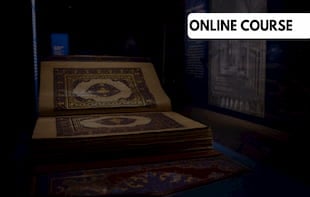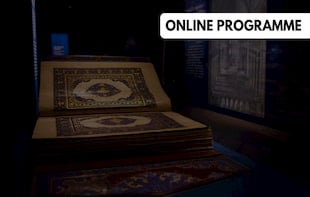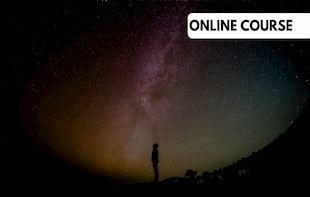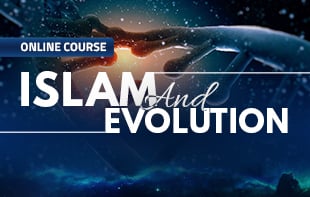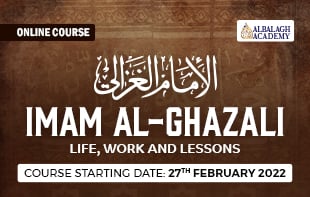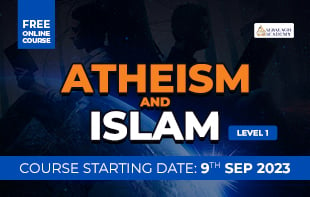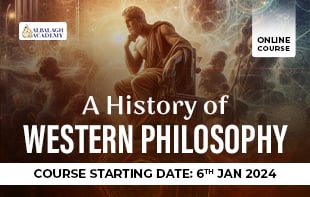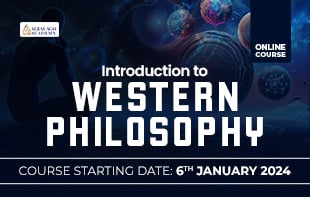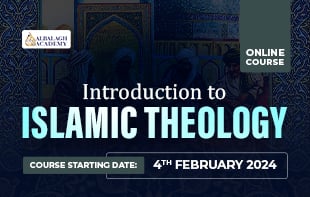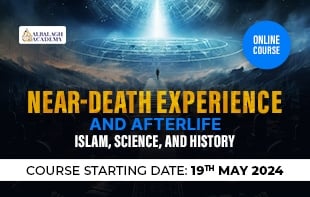Assistant Professor of Natural Sciences Zayed University, Dubai
Shoaib Ahmed Malik currently serves as a Visiting Researcher at St. Mary’s University, Twickenham (UK). With a PhD in Chemical Engineering from the University of Nottingham (UK) and another in Theology from the University of St Mary’s, Twickenham (UK), Shoaib stands at the crossroads of Science and Religion. His monograph work, Islam and Evolution: Al-Ghazālī and the Modern Evolutionary Paradigm, was acclaimed as the foremost academic contribution to the field of science and religion, receiving recognition from the International Society for Science and Religion (ISSR) in 2022. He holds the position of Trustee at the ISSR and serves on the editorial board of Theology and Science. Shoaib also assumes the role of Chief Editor for Palgrave’s newly launched Islam and Science book series and encyclopedia, further enriching scholarly discourse at this interdisciplinary crossroads.
INSTRUCTOR
Dr. Shoaib Ahmed Malik
